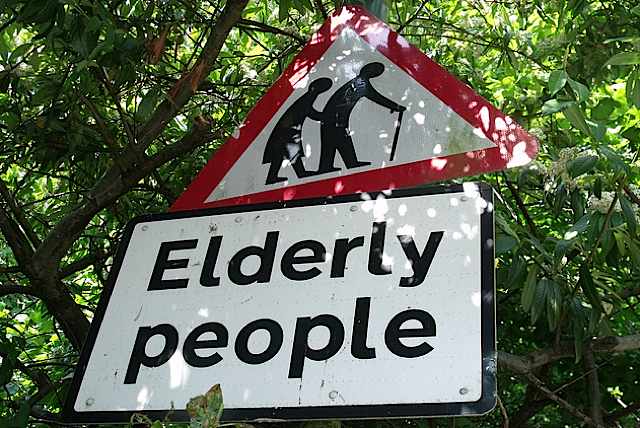If a centenarian jumped off a bridge while eating a bag of jelly donuts and chain-smoking, would you do it, too?
That's basically the message in a new column by LiveScience's Christopher Wanjek, which looks at why the people who live the longest should not necessarily be health role models for the rest of us.
It seems that longevity goes hand-in-hand with some funny yesbuts. What you eat and how active you are doesn't seem to matter … if you're one of the very, very lucky folks with a genetic predisposition toward surviving into extreme old age. For everybody else, there's pretty good evidence that healthy habits actually do extend your lifespan. Part of what fascinates me about the studies that show that is that they often compare Seventh Day Adventists to the general population. Why? Because Seventh Day Adventists generally don't eat meat (the first time I ever saw lentil loaf, it came from SDA cookbook), and are discouraged from booze, cigarettes, drugs, and caffeine. It also doesn't hurt that they run a massive, and well-respected, healthcare system, centered around Loma Linda University. Makes 'em easier to study like that.
For the general population, there is a preponderance of evidence that diet and exercise can postpone or ward off chronic disease and extend life. Many studies on Seventh Day Adventists — with their limited consumption of alcohol, tobacco and meat — attribute upward of 10 extra years of life as a result of lifestyle choices.
Image: Elderly People – sign on Warwick Road, Olton, a Creative Commons Attribution (2.0) image from ell-r-brown's photostream



